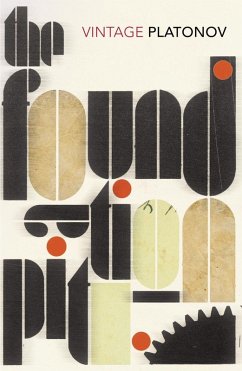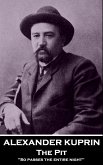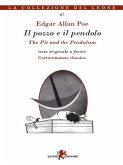Platonov's dystopian novel describes the lives of a group of Soviet workers who believe they are laying the foundations for a radiant future. As they work harder and dig deeper, their optimism turns to violence and it becomes clear that what is being dug is not a foundation pit but an immense grave.
This new translation, by Robert & Elizabeth Chandler and Olga Meerson, is based on the definitive edition recently published by Pushkin House in Leningrad. All previous translations were done from a seriously bowdlerized text. Robert Chandler is also the translator of Vasily Grossman's Life and Fate. The American scholar Olga Meerson has written extensively on Pushkin, Dostoevsky, Platonov and many other Russian authors.
Dieser Download kann aus rechtlichen Gründen nur mit Rechnungsadresse in A, B, BG, CY, CZ, D, DK, EW, E, FIN, F, GR, HR, H, IRL, I, LT, L, LR, M, NL, PL, P, R, S, SLO, SK ausgeliefert werden.









